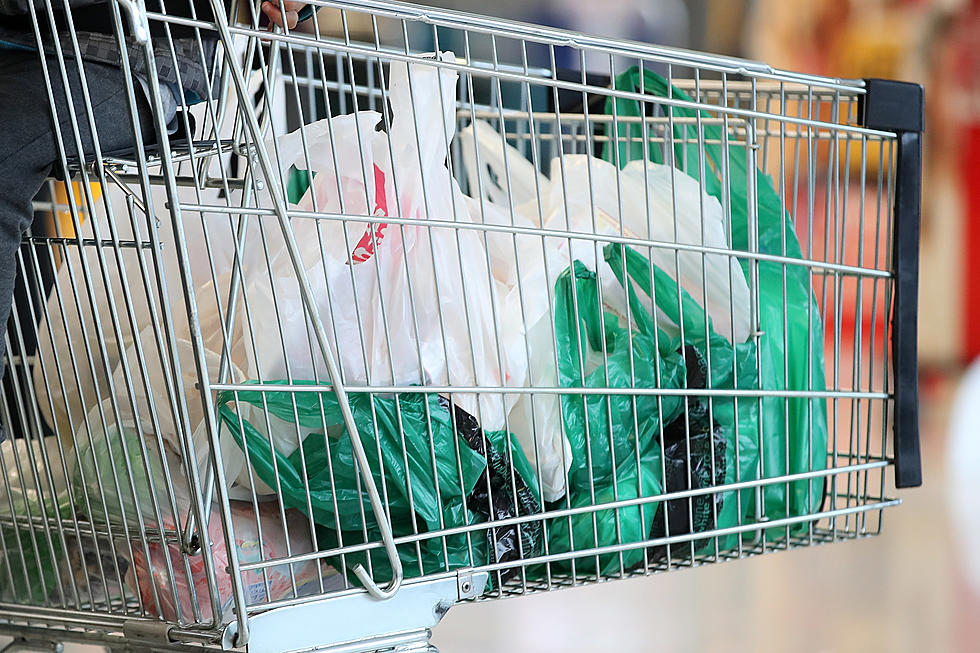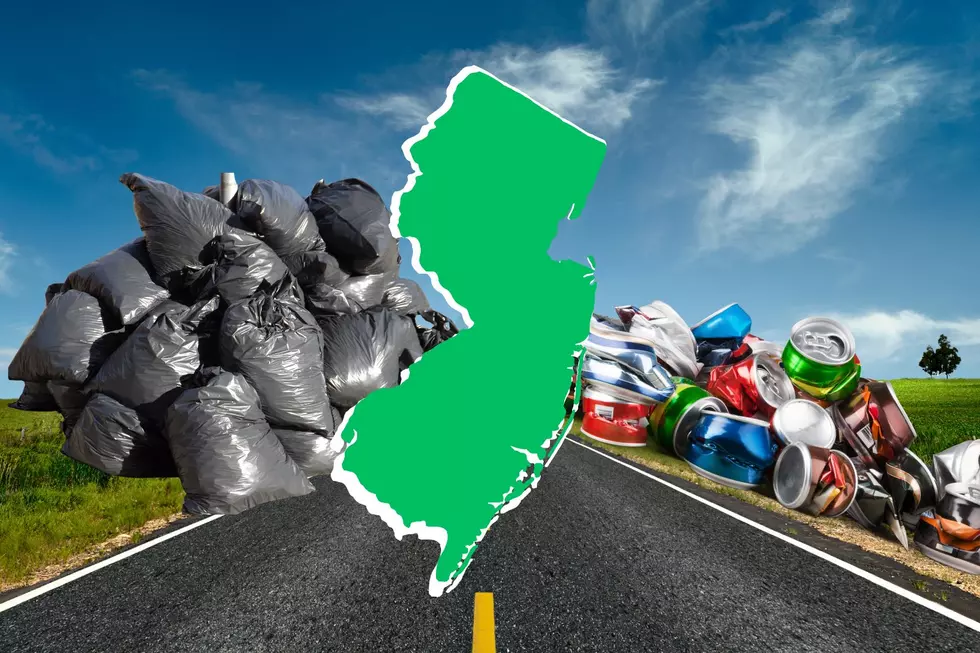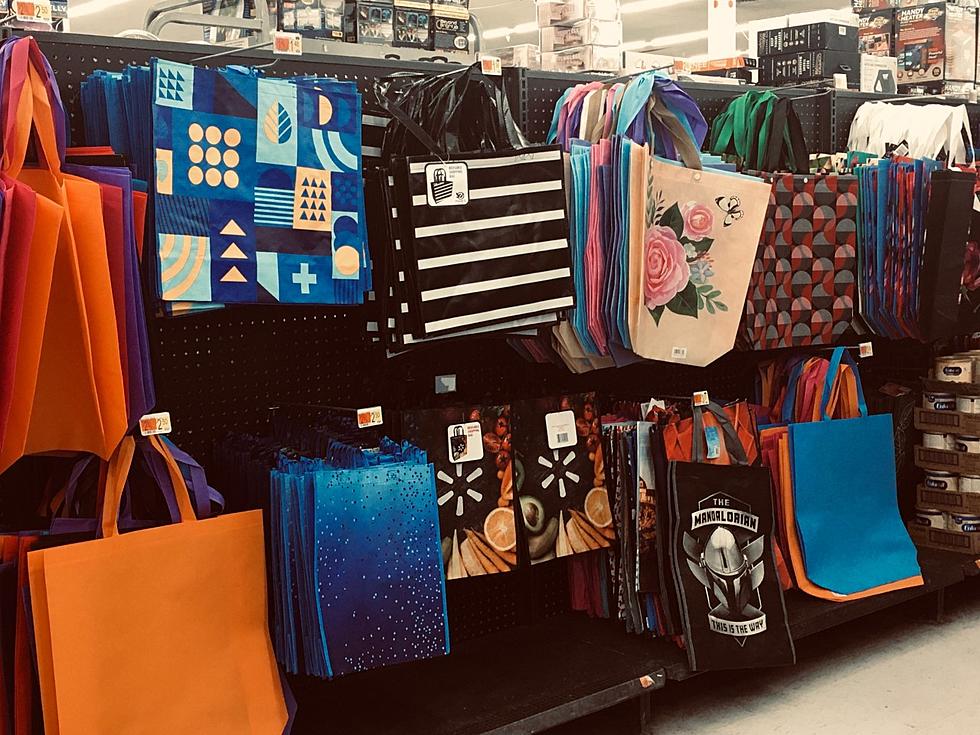
6 Months Away — What You Need to Know About NJ’s Plastic Bag Ban
Do you rely solely on plastic bags when you checkout at the supermarket or convenience store?
That needs to change in about six months, so you're being advised to start adjusting your habits now in order to more easily fall in line with a New Jersey law that was signed during the coronavirus pandemic and goes into effect on May 4, 2022.
"We're encouraging people to add 'bring reusable bags' to their grocery list to help them remember," said JoAnn Gemenden, executive director of New Jersey Clean Communities Council.
As part of the legislation, which aims to prevent plastics from entering landfills and waterways, NJCCC is charged with implementing a statewide campaign and outreach program. Gemenden also recommends that New Jersey residents keep a reusable bag in their vehicles, so they're not caught off guard when they have to make a purchase after the law is in effect.

"The benefit is, a reusable bag holds so many more items than a small single-use plastic bag," Gemenden said. "They're sturdy, they won't break."
On its website, the New Jersey Department of Environmental Protection offers a thorough rundown of the law and answers any questions a consumer or business may have. Take a look below at the main points you should keep in mind ahead of May 4.
What's going away?
Starting May 4, New Jersey stores and restaurants, along with other spots like food trucks and movie theaters, will be prohibited from providing single-use plastic carryout bags to customers. They also can't be purchased.
A bag is only considered reusable, according to the law, if it:
- is made of polypropylene fabric, PET nonwoven fabric, nylon, cloth, hemp product, or other washable fabric; and
- has stitched handles; and
- is designed and manufactured for multiple reuses.
Single-use paper carryout bags, meanwhile, will be prohibited at grocery stores that are at least 2,500 square feet.
Bags aren't the only items being restricted when the law kicks in. On May 4, food service businesses — restaurants, coffee shops, grocery stores, and so on — may not provide their products in polystyrene foam containers (aka Sytrofoam), or sell the containers.
Are there exceptions?
The law includes a list of uses for plastic bags that are exempted:
- a bag used solely to contain or wrap uncooked meat, fish, or poultry.
- a bag used solely to package loose items such as fruits, vegetables, nuts, coffee, grains, baked goods, candy, greeting cards, flowers, bulk food, or small hardware items.
- a bag used solely to contain live animals, such as fish or insects sold in a pet store.
- a bag used solely to contain food sliced or prepared to order, including soup or hot food.
- a laundry, dry cleaning, or garment bag.
- a bag provided by a pharmacy to carry prescription drugs.
- a bag for newspapers.
- any similar bag, as determined by the Department pursuant to rule, regulation, or guidance.
As for Styrofoam, the following products are exempt through at least May 4, 2024:
- Disposable, long-handled polystyrene soda spoons when required/used for thick drinks.
- Portion cups of two ounces or less, if used for hot foods or foods requiring lids.
- Meat and fish trays for raw or butchered meat, including poultry, or fish that is sold from a refrigerator or similar retail appliance.
- Any food product pre-packaged by the manufacturer with a polystyrene foam food service product.
Businesses concerned with adherence to the Styrofoam rule have an opportunity to apply for a waiver that would last no longer than a year. The food service provider needs to prove there is no other feasible option available.
What else should I know?
- The law does not force businesses to have reusable bags readily available for consumers, so you may be out of luck if you forget your own.
- If you happen to have your own stockpile of plastic bags, there are no rules against bringing your own plastic to the local supermarket.
- Another part of the law, related to plastic straws, goes into effect on Nov. 4, 2021. Food service providers are no longer allowed to provide a plastic straw to customers unless one is requested.
50 Most Popular Chain Restaurants in America
NJ words that should be added to the dictionary
More From WPG Talk Radio 95.5 FM










